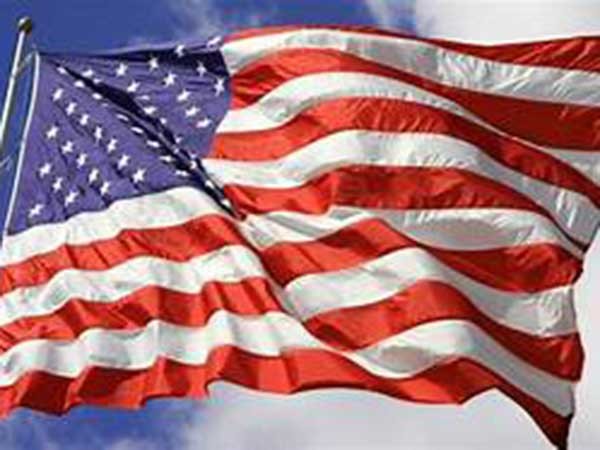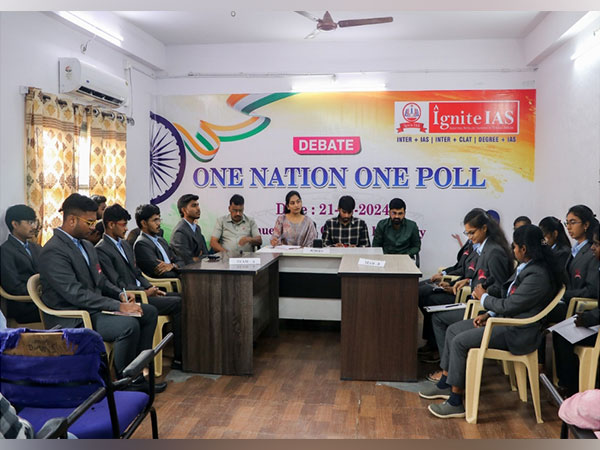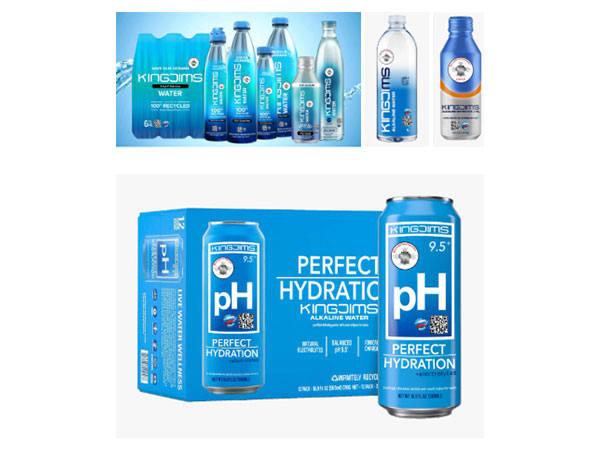U.S. to share COVID-19 vaccines with other countries under mounting pressure
May 18, 2021

Washington (US), May 18: The United States will share 20 million more doses of its COVID-19 vaccines with the rest of the world by the end of June, said President Joe Biden on Monday.
The announcement came under mounting international pressure that Western wealthy nations which have stockpiled vaccines far more than they need should share more doses with countries struggling with the pandemic.
"We have the vaccine. We've secured enough supply to vaccinate all adults and children above the age of 12," Biden said during a White House address.
"We know America will never be fully safe until the pandemic that's raging globally is under control," said Biden, whose administration had initially been reluctant to send any doses overseas.
World Health Organization (WHO) Director-General Tedros Adhanom Ghebreyesus on Monday repeated his calls for manufacturers and high-income countries to share their doses with COVAX.
"There's a growing disconnect. Some countries with high vaccination rates appear to be in the mindset that the pandemic is over, while others are experiencing huge waves of infection. The pandemic is a long way from over, & it won't be over anywhere until it's over everywhere," tweeted Tedros.
The vaccines Washington is to ship overseas will consist of leftover doses from either Moderna, Pfizer-BioNTech or Johnson & Johnson, which are authorized by the U.S. Food and Drug Administration to use in the country.
Earlier, the Biden administration has made commitment to send 60 million AstraZeneca vaccine doses overseas. The AstraZeneca's shot has not been cleared by FDA yet.
Biden said on Monday that the 80 million doses will represent 30 percent of the vaccines produced by the United States by the end of June.
As of Monday morning, the United States has administered more than 272 million COVID-19 vaccine doses and distributed more than 344 million, showed data from the Centers for Disease Control and Prevention (CDC).
The Biden administration has set a goal of getting 70 percent of the country's adult population to receive at least one dose of a COVID-19 vaccine by July 4.
The FDA expanded its emergency use authorization for Pfizer's COVID-19 vaccine to include people 12 to 15 years old last week.
The country's confirmed COVID-19 cases went further down over the weekend. The nationwide average is at about 33,200 new cases per day, the lowest level since late June, showed data compiled by Johns Hopkins University.
Global cooperation, instead of competition and confrontation, is the only choice to end the COVID-19 pandemic, Tedros said last week when addressing the disparity in access to vaccines worldwide.
"The shocking global disparity in access to vaccines remains one of the biggest risks to ending the pandemic," said Tedros.
"We cannot defeat this pandemic through competition, we can't. If you compete for resources, or if you compete for geopolitical advantages, then the virus gets advantage," he said.
The United States has bought enough vaccines to fully immunize 750 million people, three times the number of its adult population, reported Washington Post in March.
High-and upper-middle income countries, with 53 percent of the world's population, have received 83 percent of the world's vaccines, while low- and lower-middle income countries, with 47 percent of the world's population, have received just 17 percent of the world's vaccines, according to WHO's data.
Source: Xinhua









